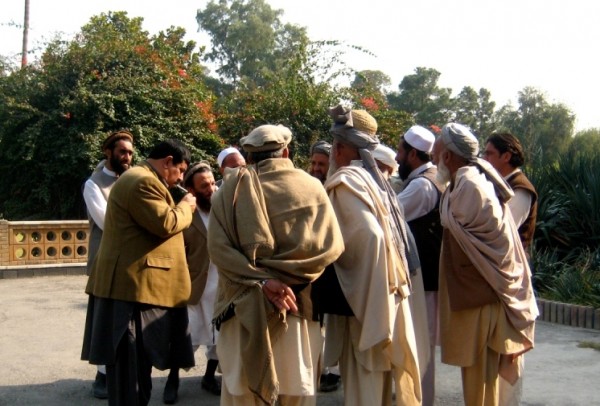
Lessons from Afghanistan: Warlord politics aren’t always bad for democracy
“Without branding all generals and statesmen as murderers or thieves … a portrait of war makers and state makers as coercive and self-seeking entrepreneurs bears a far greater resemblance to the facts than do its chief alternatives: the idea of a social contract, the idea of an open market … the idea of a society whose shared norms and expectations call forth a certain kind of government.” Charles Tilly, 1985
As Afghanistan’s election season marches on, Charles Tilly’s unsavory portrait of statesmen as “coercive and self-seeking entrepreneurs” seems eerily resonant. Observers worry that despite record turnout by voters, the campaigns featured opportunistic deals between power brokers with checkered backgrounds and that those bargains will determine the election’s ultimate outcome. Indeed, over the past decade foreigners and Afghans alike have bemoaned the slippery and self-interested machinations of Afghanistan’s ruling class. The international community has invested a great deal to help the Afghan state move toward the ideals of good governance we associate with liberal democracy in the West. Why has progress been so halting?










